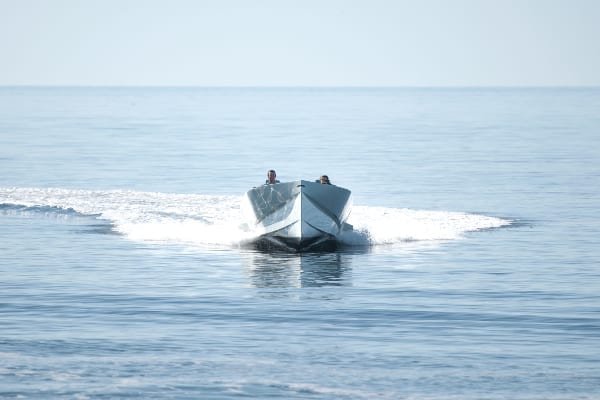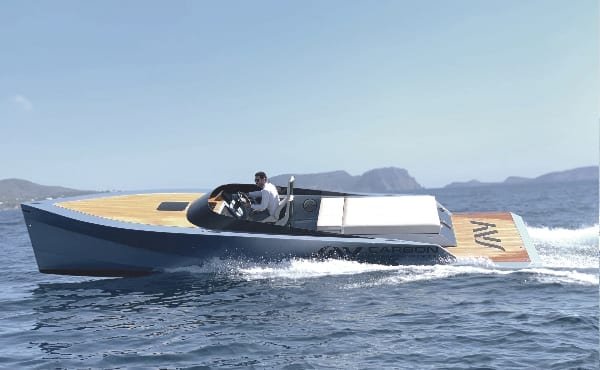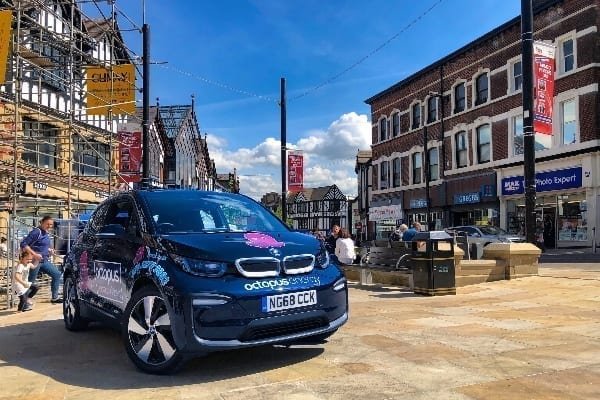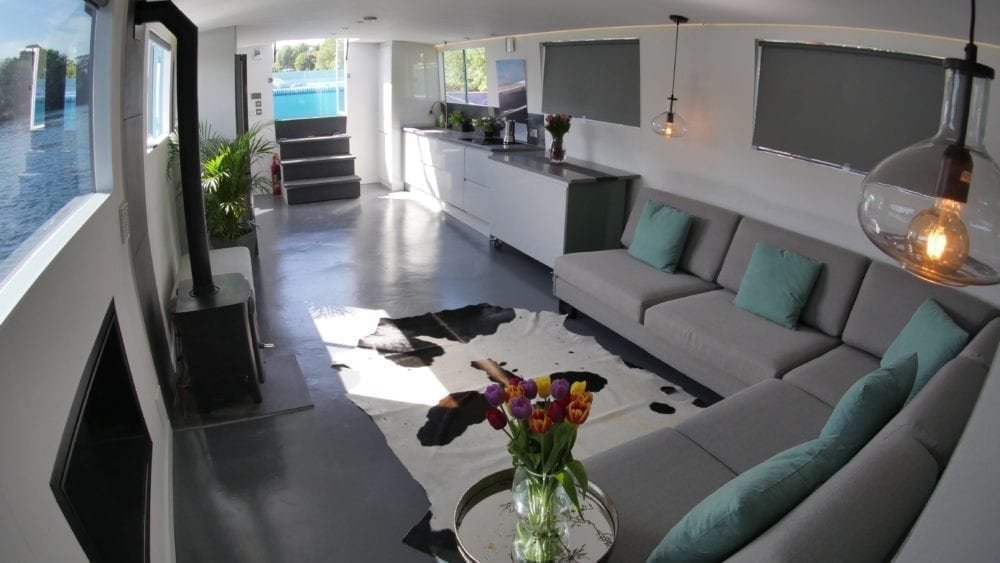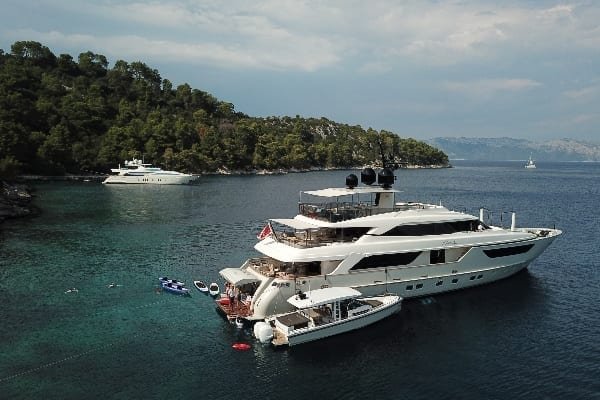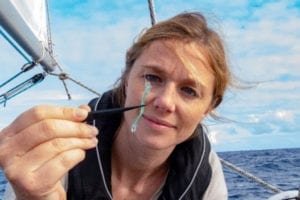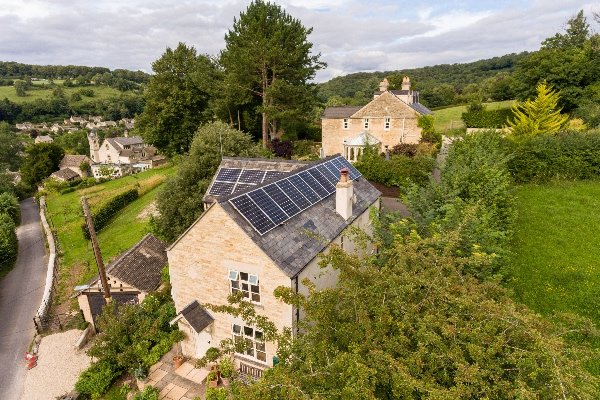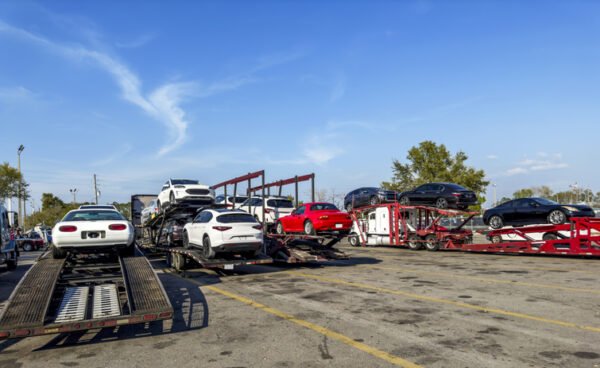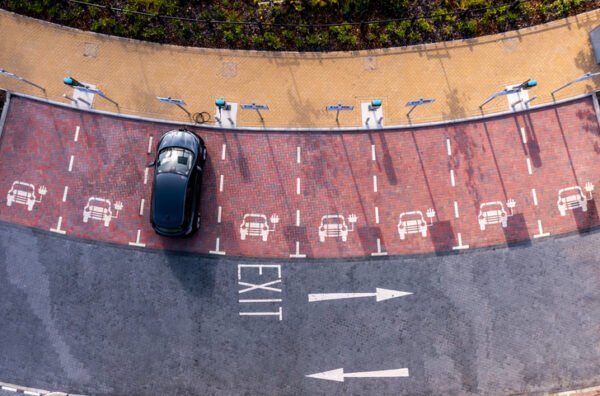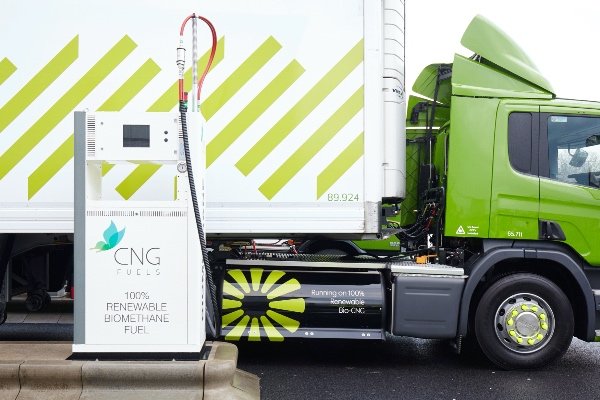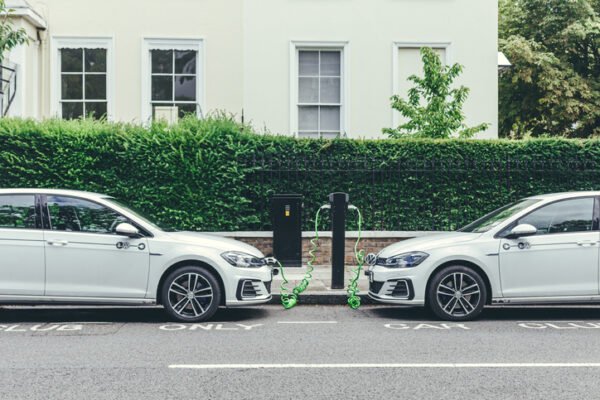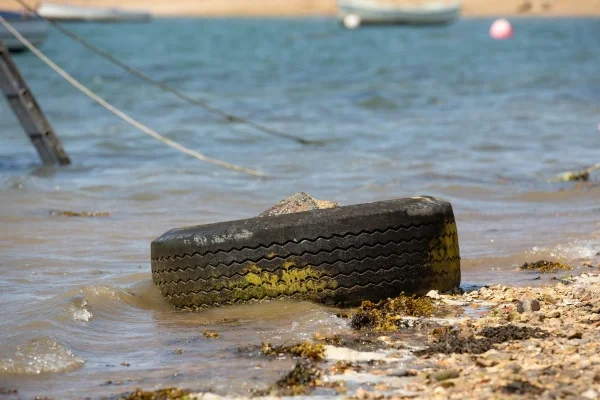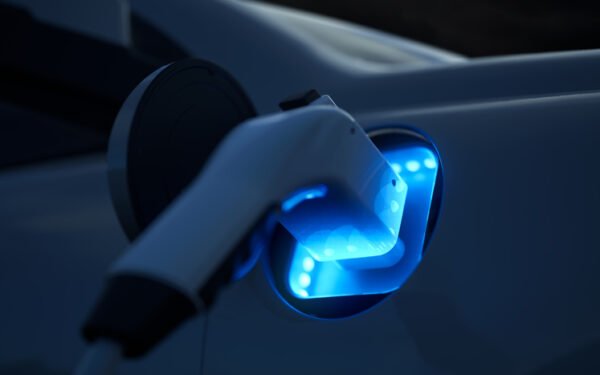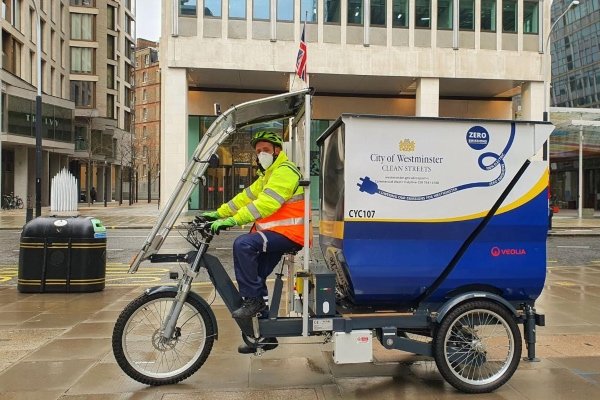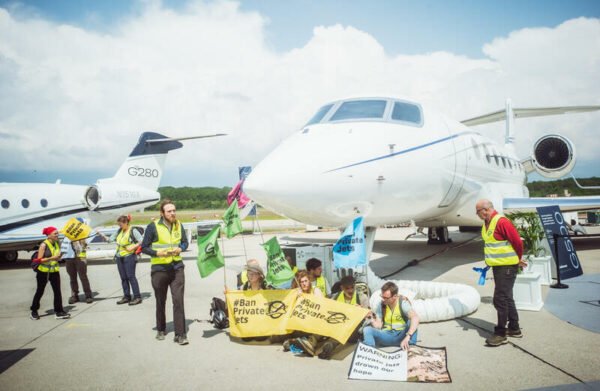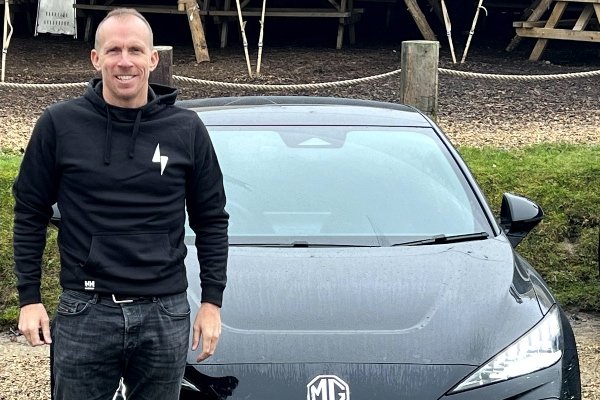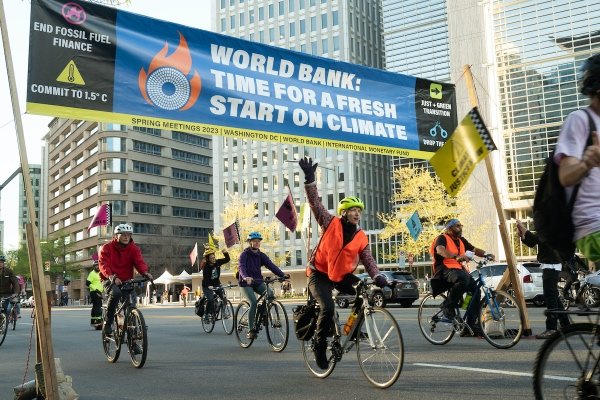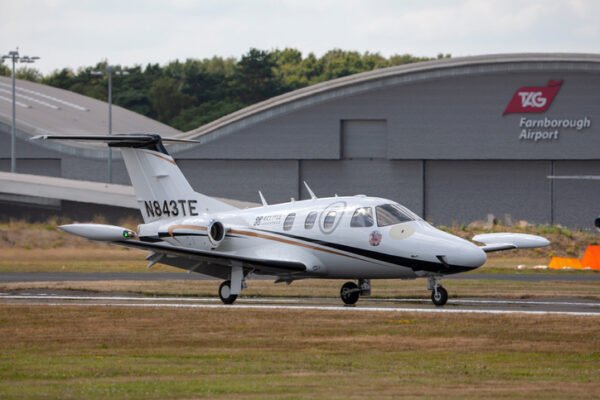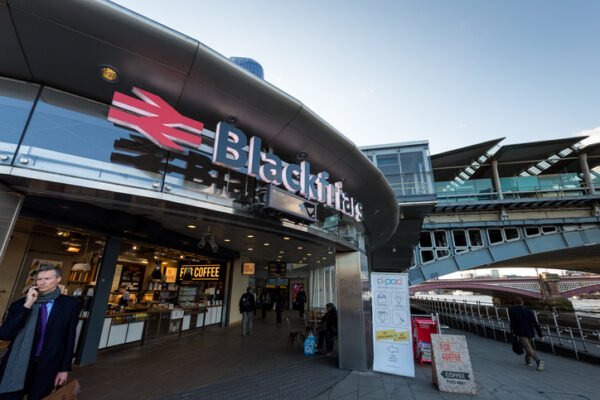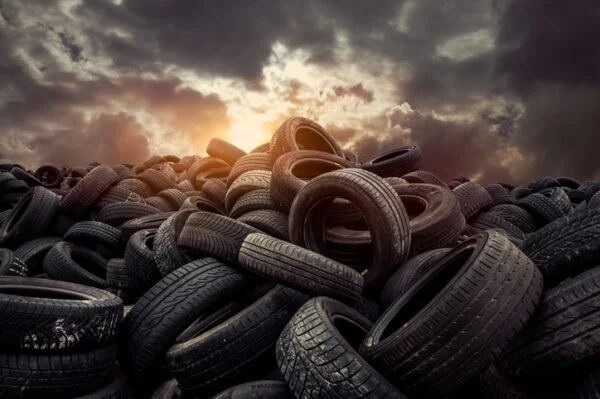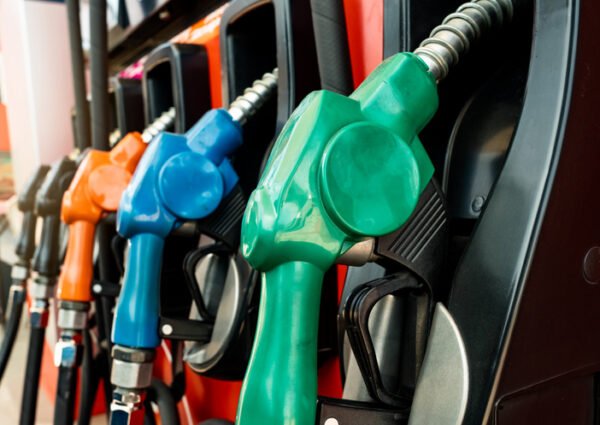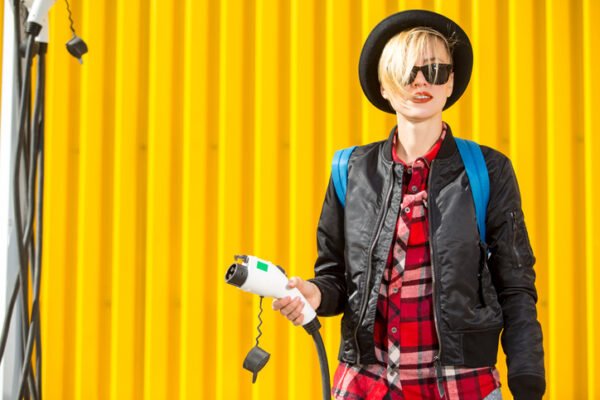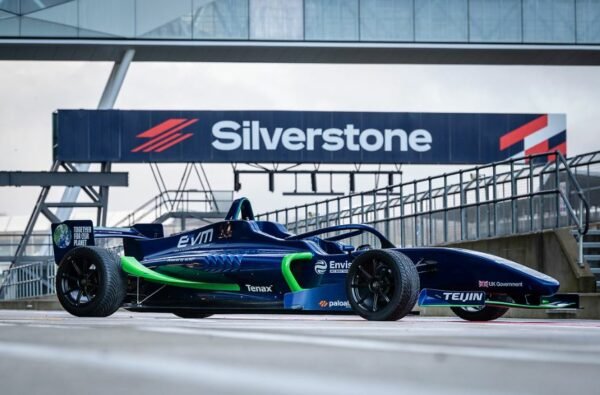This article first appeared in our Health Revolution issue of My Green Pod Magazine, distributed with The Guardian on 24 July 2020. Click here to subscribe to our digital edition and get each issue delivered straight to your inbox
Combustion engines are already prohibited on some European lakes, and restrictions will only increase over the coming years.
‘In Ibiza thousands of boats visit during the summer, from superyachts to ‘normal’ yachts’, says James Blanchfield, director of Santa Eulalia Yachting (S.E. Yachting) in Marina Santa Eulalia, Ibiza.
‘Most of them are powered by fossil fuels with combustion engines’, James continues. ‘All these engines hold a large quantity of oil; that oil must be replaced annually as a condition of the engine warranty, so I can only guess the number of litres that amounts to every year – in the Balearics alone!’
The control of yachting emissions has become an important topic at annual conferences, and in March the need for more environmentally friendly plans was a key focus at the eighth Asociación Nacional de Empresas Naúticas (ANEN) meeting in Valencia.
Protecting our waters
Electric yachts are becoming an increasingly popular choice for those whose love for the ocean extends to the life it holds and the peace it brings.
James has always loved the sea; two years ago he was given an opportunity to combine this passion with his background in the luxury yachting business. He was asked to become Spain’s official and exclusive dealer of SAY Carbon Yachts, and to set up a network to supply electric, low-emission and high-acceleration carbon yachts.
Giving something back
Karl Wagner, SAY Carbon Yachts’ CEO, is a leading mind in innovation and contemporary design. Before turning his attention to yachts, his carbon tech expertise was applied to sports cars and Formula 1.
‘I was immediately taken with his vision’, James reveals. ‘This was the perfect moment. I saw the demand – especially here on Ibiza – to give something back to the island, to protect our waters in this wonderful and peaceful place. People want to enjoy their lives and have fun, and at the same time be aware and conscious. With our SAY Carbon Yachts they can enjoy luxury yachting while exploring Ibiza and lowering their emissions.’
The SAY 29E Carbon
The SAY 29E Carbon is the world’s fastest production-built electric boat; with a maximum speed of 89km/h it holds the 2019 world speed record of 48kn, without competition. ‘That’s very fast – even for a non-electric boat’, James tells us.
The boat has a unique, minimalist design and a hydrodynamic hull. It has been manufactured using the latest tech in Germany, with drive technology from e-mobility developer Kreisel Electric.
The carbon hull offers the same stability as a standard hull but with fewer materials; this translates to less weight and better efficiency, which in turn means lower emissions in production as well as at sea.
The silence of battery-powered transport is arguably even more rewarding at sea than on the road. All you hear is the sound of water splashing against the hull; that’s followed by instant acceleration, just like the experience with high-performance electric cars.
Electric yachts are currently a lot more expensive to buy or charter – daily prices for the SAY 29E start at €1.400 in winter and €1.680 in summer – but this is due to the cost of the technology required.
As electric yachts’ production costs fall, so too will the cost of experiencing one. ‘Our prices also differ from the average charter company’s because VAT, a captain, local beverages and vegan towels are included in the price’, James explains, ‘and of course, there are no fuel charges!’
 Play Video about This Rock Might Just Save The World
Play Video about This Rock Might Just Save The World Play Video about Play 2 hours of rock
Play Video about Play 2 hours of rock Play Video about Play 2 hours of brook
Play Video about Play 2 hours of brook Play Video about Play 2 hours of sheep
Play Video about Play 2 hours of sheep

















